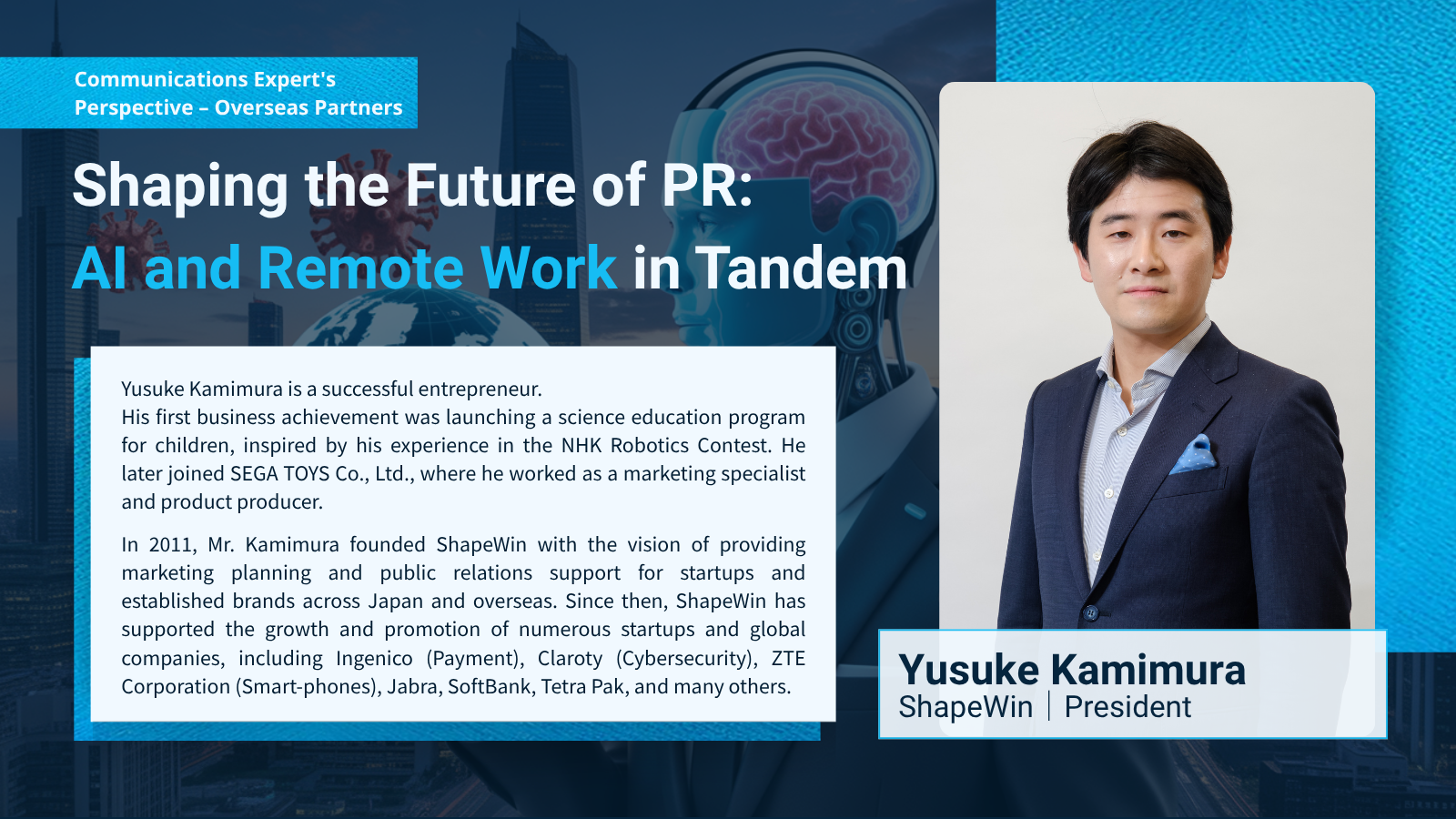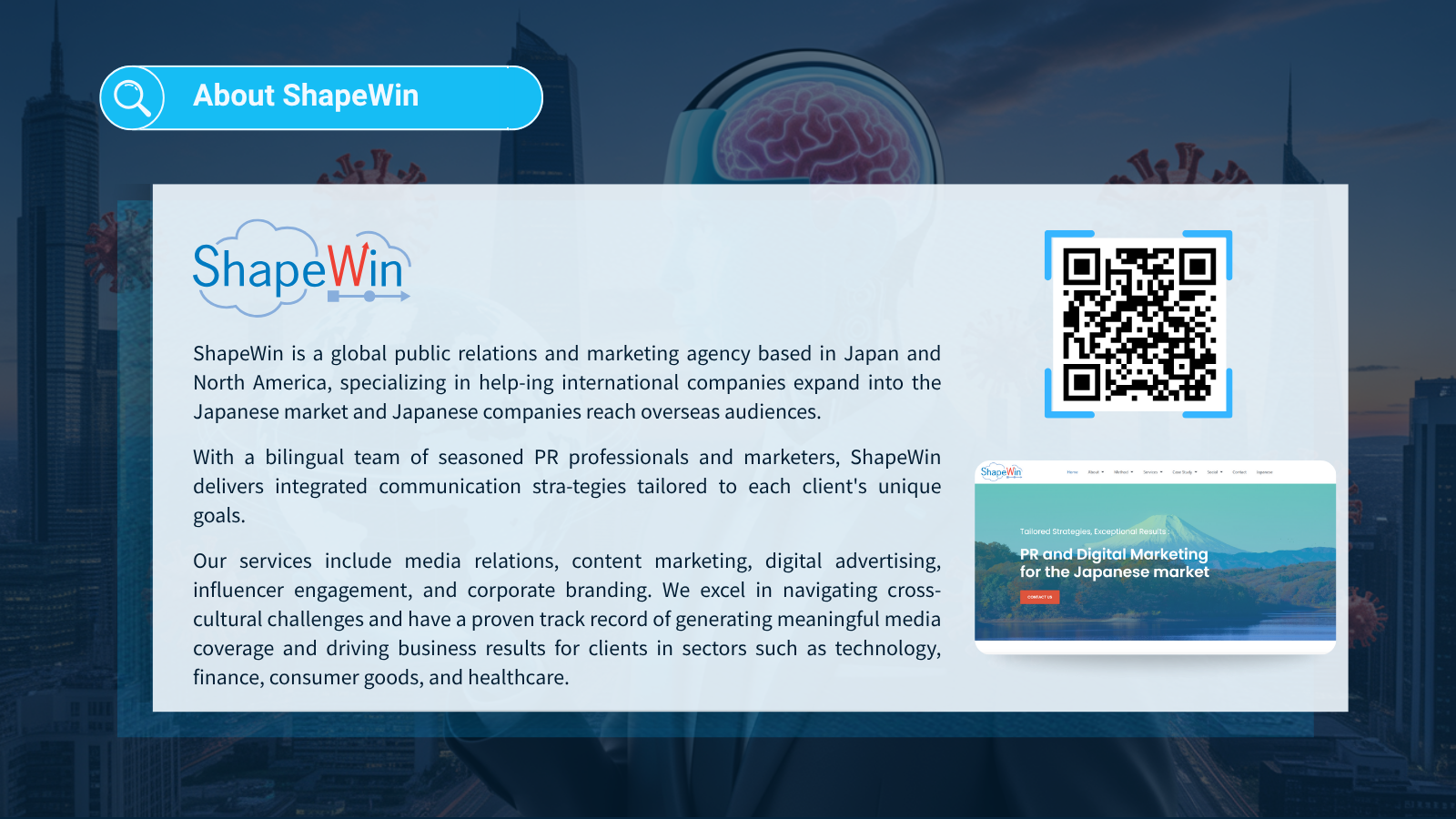
(Excerpted from Dear VOCAL MIDDLE: The 2025 Mid-Year Report )
“Dear VOCAL MIDDLE:” is VOCAL MIDDLE's biannual flagship insight report, published mid-year and year-end each year. Every edition revolves around one central theme: the future.
This time, we chose the theme “PR Next: The Future of Public Relations”, focusing on two key points:
The year 2025 marks a pivotal moment where the aftermath of the pandemic intersects with the widespread adoption of generative AI. Amid the profound shifts in the global communications ecosystem, we invited industry experts to collectively explore the implications of this transformation for the future.
Every job, role, and task within the communications field ultimately aims to create impact. If we say that the essence of creating impact is trust, then PR consultants represent the most fundamental, core function, role, and industry in the process of building trust.
This report not only reflects the views of VOCAL MIDDLE but also brings together partners from across the Asia-Pacific region, leaders from public associations, and communication education pioneers. Together, we ponder: as change and restructuring become the norm, how will the role of the PR consultant evolve from being “one among many” within the industry to becoming the central link connecting markets, businesses, organizations, and the public?
Expert Commentary:ShapeWin|President - Yusuke Kamimura
Overall, these shifts have had a positive impact on the role of PR consultants. The rise of remote work has significantly improved time efficiency for both media professionals and PR specialists. Virtual meetings offer two key advantages: first, they increase opportunities for interaction with journalists; second, digital communications such as video calls and email pitches create records that can be easily analyzed and reviewed.
Generative AI has further enhanced productivity by enabling us to rapidly summarize and document conversations between journalists and clients. It also allows PR professionals to reflect, brainstorm, and refine ideas more effectively by interacting with the AI themselves.
That said, over-reliance on AI poses serious risks. In the field of PR tech, we've observed that some less experienced professionals use AI tools to generate pitches or conduct surface-level research.
The results often contain factual errors and lack depth, which can damage professional credibility and weaken relationships with journalists, ultimately undermining the goals of PR communication.
In the coming years, professionals will need to master the art of leveraging AI wisely, using it to elevate and refine their output, rather than taking shortcuts. At ShapeWin, we're actively developing and customizing AI tools to support our team in focusing on high-value, strategic work, while ensuring that human insight remains at the core of our communication.

The shift to remote work has had a transformative impact on talent recruitment and team capabilities. Flexible work policies have allowed us to attract professionals with diverse skill sets from across different regions, a development accelerated by receiving a Remote Work Excellence Award from the Japanese government. As a result, we've successfully recruited and retained high-performing team members for over three years.
At ShapeWin, data transparency is fundamental to our remote workplace model. We make a deliberate effort to record and share meeting transcripts, internal documents, and even spontaneous ideas with the entire team. This open documentation culture ensures that valuable knowledge isn't siloed, whether it's a past proposal, a successful journalist pitch, or a strategic discussion. All materials become accessible references for future projects.
By treating every output as a cumulative asset, we've created an environment where individuals can learn, create, and build on each other's work, regardless of location. This has strengthened both team collaboration and long-term knowledge retention
.
